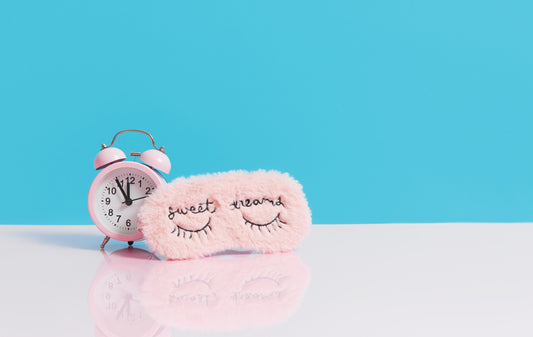There is some evidence to suggest that even a night of poor sleep can negatively influence your gut bacteria.
There are ‘fat bugs’ residing in our gut, which can increase in reaction to a lack of sleep. These thrifty bacteria are just trying to do the right thing. Lack of sleep is quite stressful, so they think we’re in danger. As a result, we may not have access to food, so these little guys set out to extract more calories from the same amount of food.
While our physiology is clearly still driven by evolution, our environment has completely changed … and herein lies the dilemma.
But the proof is in the pudding. Fifty percent of people who sleep for less than 5 hours a night are obese!
Things that can interfere with sleep are:
- Caffeine. The half-life of caffeine is 5 hours. Caffeinated beverages consumed at 12pm is only half processed by 5pm and may not be out of your system until 10pm. For some, this can take longer, so definitely avoid caffeine after midday.
- Sleeping pills may be a temporary fix for short-term sleeping issues, however, we build a tolerance to them and they are highly addictive, so are not a long-term solution to a good nights sleep.
- Remove yourself from the disruptive light of technology at least 2 hours before bedtime. Your circadian rhythms (body clock) is set by light in your retina (eyes) and your master clock (in your brain) will be disturbed by artificial light.
- Keep your room below 18 degrees. A warm room or warm bedding can disrupt sleep. Your temperature must drop to allow the onset of sleep.
We can’t underestimate the importance of sleep for our physical and mental health.
If you’re struggling with sleep, it’s important to do all you can to set yourself up for the best sleep routine possible, or seek professional advice if you’re struggling.
























